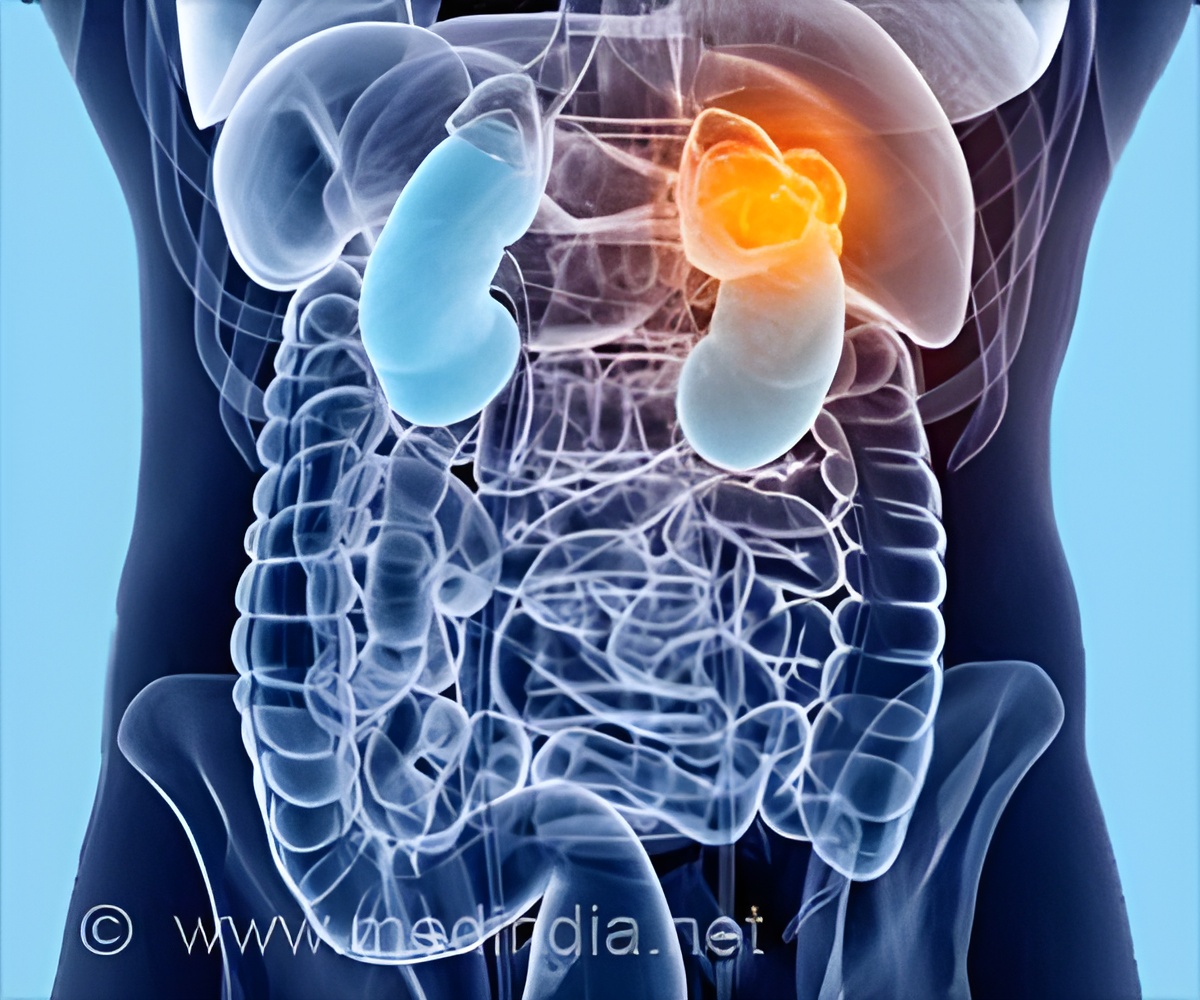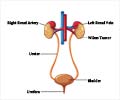Results of an international trial led by researchers at the University of Texas MD Anderson Cancer Center on MK-6482, showed improved clinical outcomes among renal cancer patients.

‘MK-6382 is the first therapeutic agent that has shown the efficacy and safety for the management of patients with VHL disease.’
Read More..




The trial met its primary endpoint and showed an objective response rate in RCC tumors per RECIST by independent review. The confirmed response rate was 27.9%. When also considering the eight patients with unconfirmed response, the objective response rate was 41.0%. Additionally, 86.9% of patients had a decrease in the size of their target lesions. The median time to response was 5.5 months.Read More..
"Patients with von Hippel-Lindau disease are at risk of developing several types of cancer and other tumors, and there are currently no approved therapies," said Jonasch "We are encouraged by the results of this clinical trial and look forward to seeing further study of MK-6482 as we work to make this treatment option available for patients with VHL disease."
VHL disease is a rare inherited mutation of the VHL gene. The disease is associated with tumors forming in multiple organs. Some of these tumors are benign, but they can grow and cause damage to organs.
VHL also can cause cancerous tumors in the kidney or pancreas. RCC affects approximately 40% of people with VHL disease and is one of the most common causes of disease-related death in people with VHL disease.
The VHL mutation causes cells to lose their ability to respond to oxygen levels properly, and leads to a buildup of HIF proteins inside the tumor cell. This process incorrectly signals that the cells are starved of oxygen, causing the formation of blood vessels and driving tumor growth.
Advertisement
Treatment of VHL disease-associated renal tumors consists of active surveillance until surgery is required for tumors larger than 3?cm to prevent metastatic disease. Repeated surgical procedures can carry significant complications as many patients develop renal insufficiency. Surgery will not cure VHL disease patients with RCC; surgery only is intended to prevent death from metastatic kidney cancer.
Advertisement
As of data cut-off, the single-arm clinical trial had enrolled 61 patients. The study enrolled adult patients with a germline mutation diagnosis of VHL disease, no prior systemic cancer therapy, measurable non-metastatic RCC tumors and Eastern Cooperative Oncology Group (ECOG) performance status of 0 or 1.
Patients received MK-6482 orally once daily until disease progression, unacceptable toxicity, or investigator's or patient's decision to withdraw. Tumor size was evaluated at screening and every 12 weeks thereafter. No patients had progressive disease on treatment and 58 patients (95.1%) remain on treatment.
Most treatment-related adverse events (AEs) were grade 1 or 2 in severity. Grade 3 AEs occurred in 9.8% of patients. There were no grade 4 or 5 treatment-related AEs reported. The most common adverse events were anemia (86.9%), fatigue (57.4%), headache (36.1%), dizziness (31.1%) and nausea (24.6%). Anemia was safely managed with long-acting erythropoietin injections.
"MK-6482 was well tolerated and had few side effects," said Jonasch. "This is the first therapeutic agent that has shown the efficacy and safety required to make it a real option for the management of patients with VHL disease."
Future studies to be considered include testing whether MK-6482 can prevent the development of new lesions in patients with VHL disease.
Source-Eurekalert












